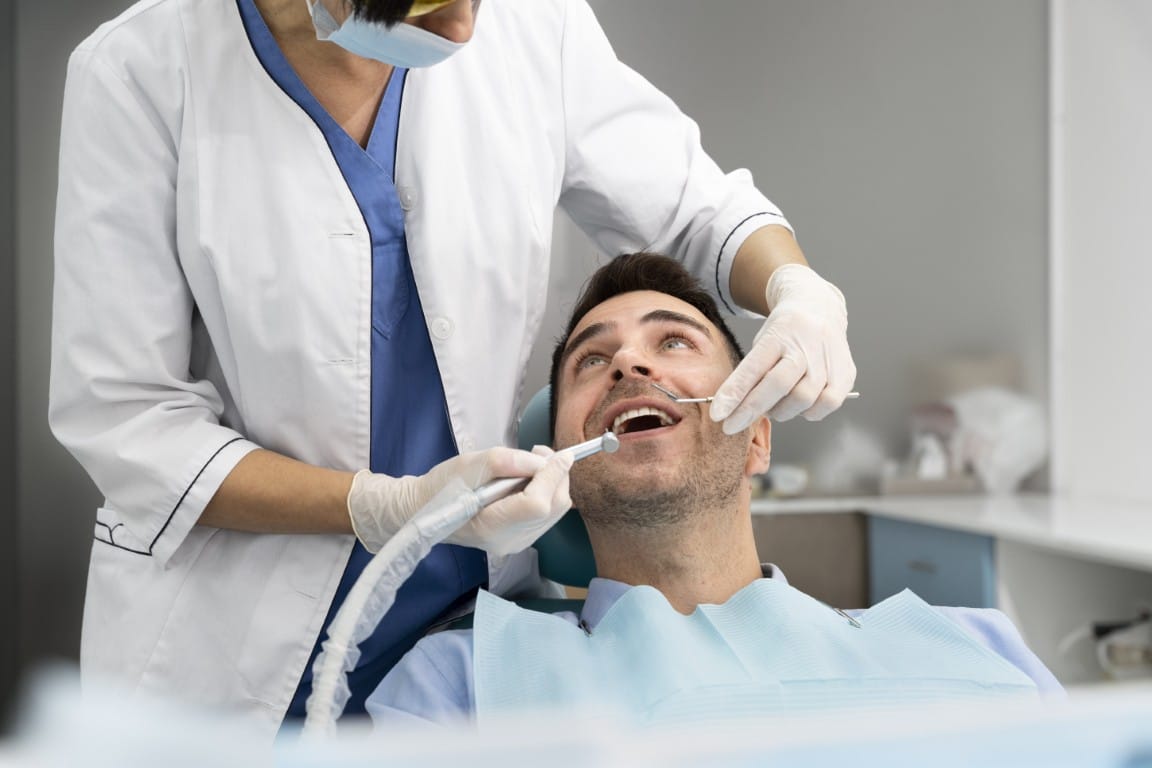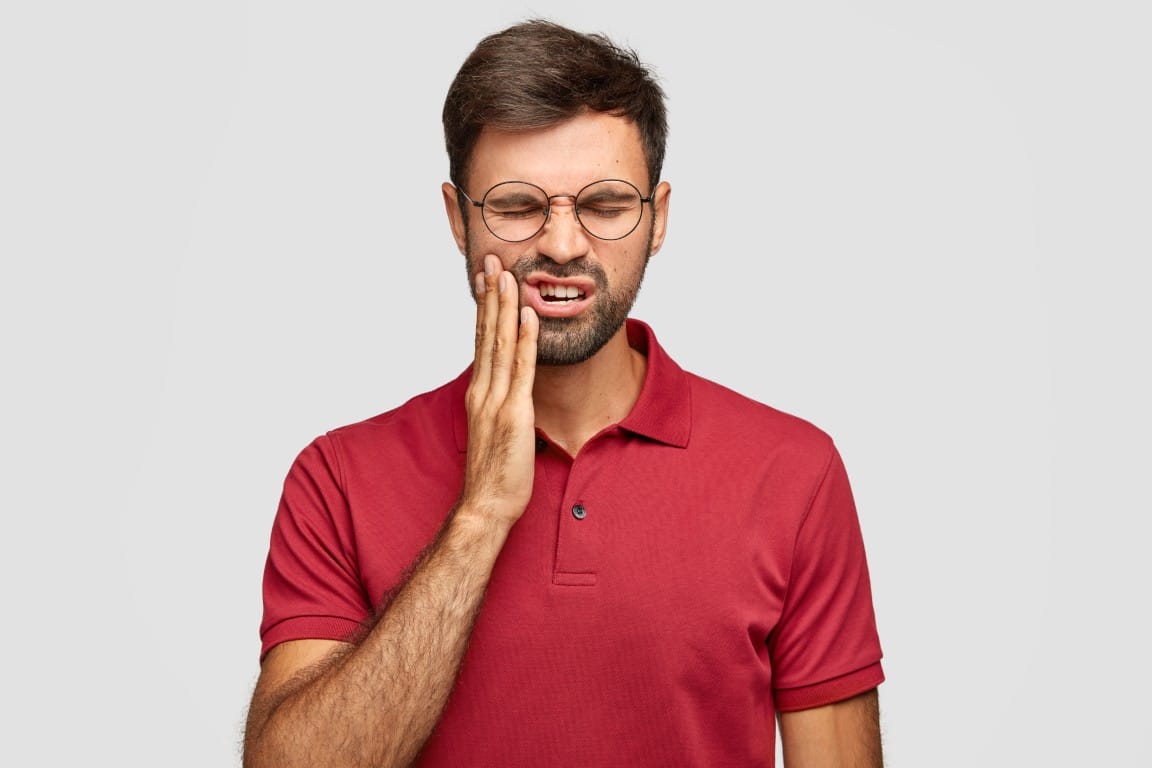Tue Feb 27 2024 Dr. Teah Nyugen
Bruxism—commonly known as teeth grinding—can cause serious damage to your teeth if left untreated. It often occurs unconsciously during sleep and, over time, can lead to fractured, loose, or even lost teeth.
Chronic grinding wears down your enamel and can reduce teeth to short, flat surfaces known as stumps. When this happens, restorative dental treatments such as crowns, bridges, root canals, implants, or dentures may be needed to rebuild your smile.
Common Signs and Symptoms of Bruxism
- A dull, constant headache or sore jaw upon waking.
- Noticeable grinding or clenching—often loud enough to wake your partner.
- Flattened, fractured, chipped, or loose teeth.
- Worn-down enamel exposing deeper layers of your teeth.
- Increased tooth pain or sensitivity.
- Jaw tightness, fatigue, or difficulty opening and closing your mouth fully.
- Pain or soreness in the jaw, neck, or face.
- Pain resembling an earache, unrelated to the ear itself.
- Cheek tissue damage from biting or chewing.
- Interrupted or poor-quality sleep.
How to Stop Grinding Your Teeth
The most effective first step is to get fitted for a custom mouthguard to protect your teeth while you sleep. This barrier prevents tooth-on-tooth contact and minimizes the damage caused by grinding.
Since stress and anxiety are major triggers for bruxism, managing them can also help. Consider relaxation techniques, counseling, or physical therapy to reduce muscle tension. In some cases, prescription medications may be recommended to help control anxiety or relax jaw muscles.
If you notice any of the signs above—or if your partner mentions that you grind your teeth—schedule an appointment right away. Early diagnosis and treatment can prevent long-term damage to your teeth and jaw.
Protect your smile today. Call our office to learn more about bruxism treatment and custom night guards designed to keep your teeth safe while you sleep.







